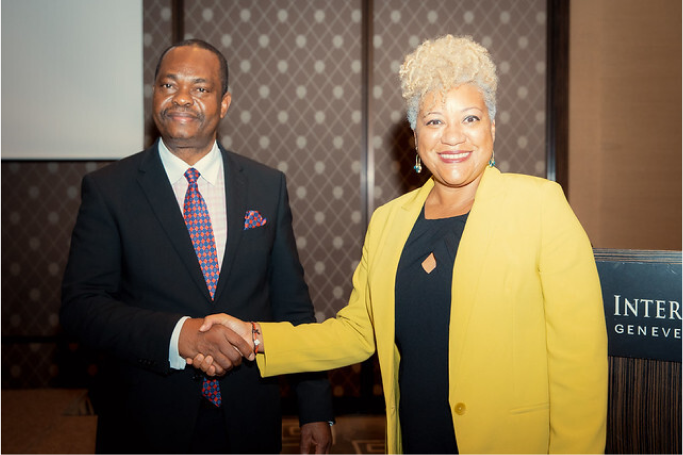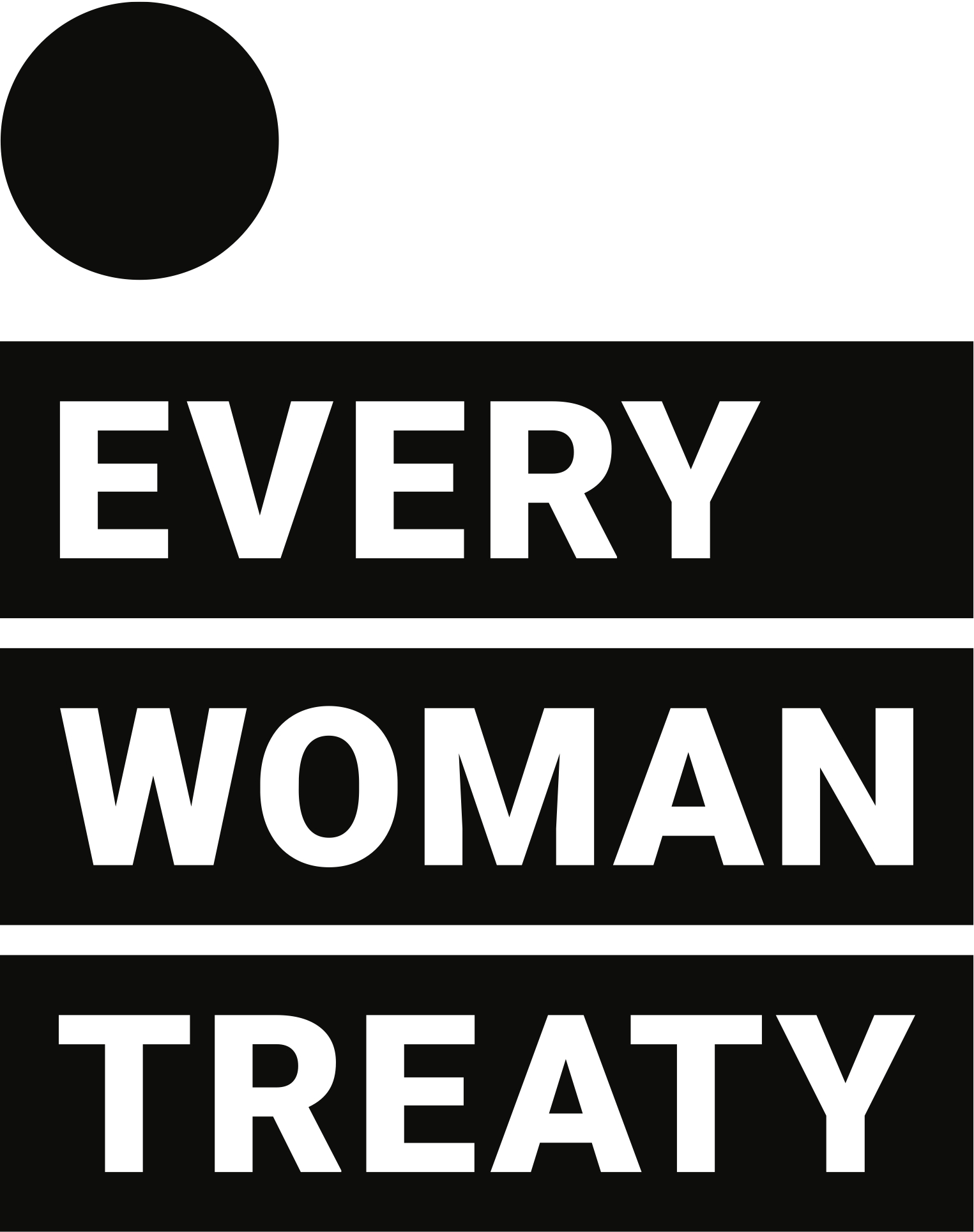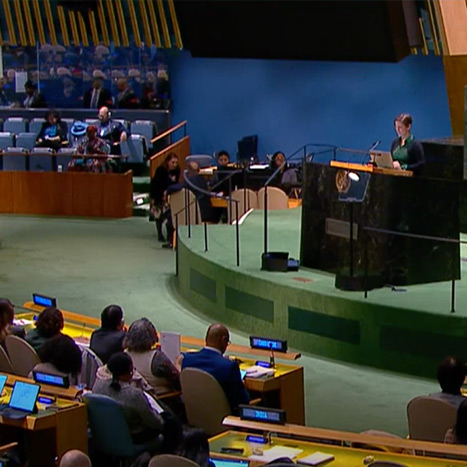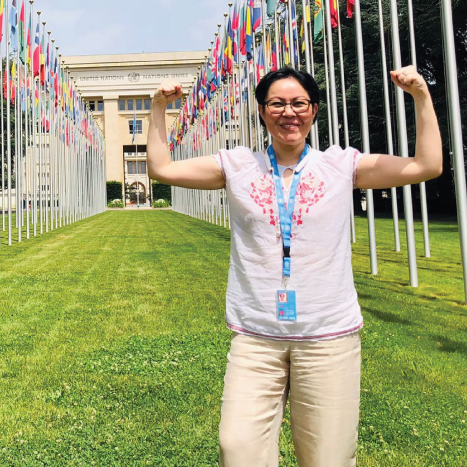END VIOLENCE AGAINST WOMEN AND GIRLS
Every Woman Treaty is a global coalition of more than 3,800 women’s rights advocates and organizations in 147 nations advancing a treaty to end violence against women and girls in the form of a new Optional Protocol to CEDAW. We catalyze leadership, from grassroots activists to heads of state, for the development of a global, binding instrument that will make the world safer for women and girls.

4 Nations —
Antigua and Barbuda, Costa Rica, the Democratic Republic of the Congo and Sierra Leone —
4 Special Rapporteurs on violence against women and girls
are calling for a new Optional Protocol to CEDAW
THE CALL FOR A BINDING FRAMEWORK
Jeanne Sarson
“A legally-binding treaty to end all forms of violence against women says as humans we have the capacity to care.”
Francisco Rivera
“An Optional Protocol to CEDAW will help generate the political will to eradicate violence against women.”
Meera Khana
“A new optional protocol to CEDAW will help millions of women to realise their potential and live a life of dignity.”
Dr. Uzodinma Adirieje
“A new Optional Protocol will ensure women and girls receive the help they need.”
Puja Kapai
“A new optional protocol to CEDAW is urgently needed to address violence against women and girls the world over.”
Ferdous Ara Begum
“We need a binding global norm to address violence against women and girls. This is the time to take urgent action.”
Simi Kamal
“With gender-based violence getting more horrific, the need for a treaty to is more urgent than ever.”
Ghada Hammam
“I urge every country to support the optional protocol to have a better future for our daughters.”
JOIN THE CALL
I stand for a life free from all forms of violence for every woman and girl, everywhere.
I hereby join the call for a global treaty in the form of a new Optional Protocol to CEDAW to eradicate violence against women and girls.
*By signing you will be added to our mailing list. You can choose to opt out from the signature confirmation email.

JOIN THE CALL
I stand for a life free from all forms of violence for every woman and girl, everywhere.
I hereby join the call for a global treaty in the form of a new Optional Protocol to CEDAW to eradicate violence against women and girls.
*By signing you will be added to our mailing list. You can choose to opt out from the signature confirmation email.







